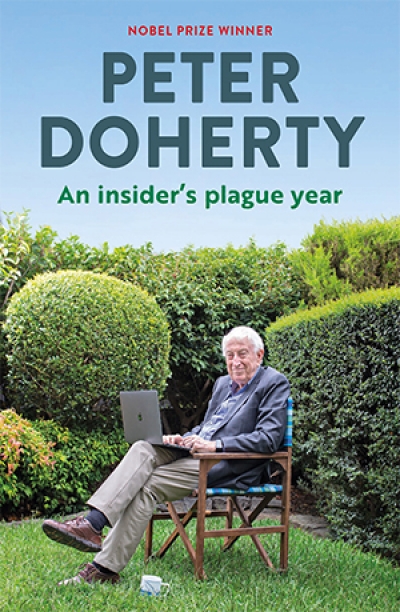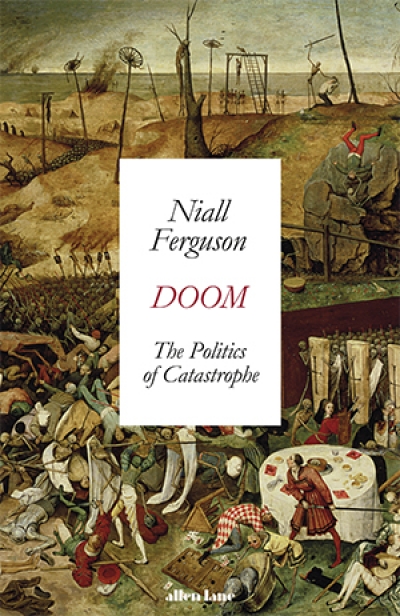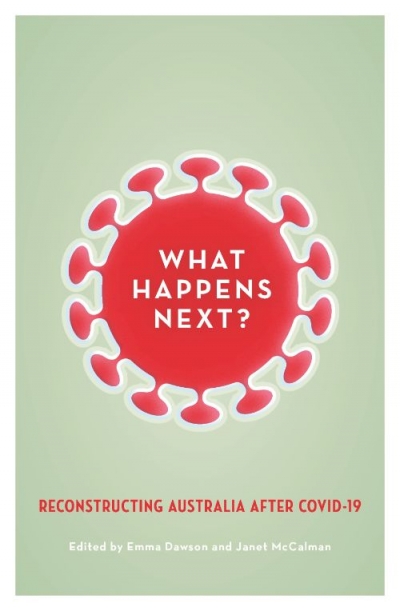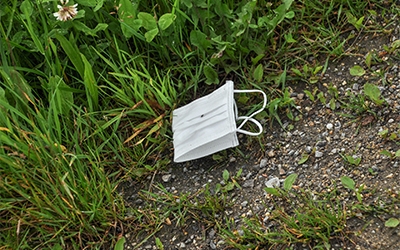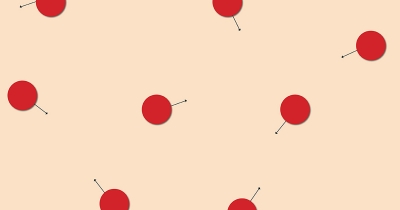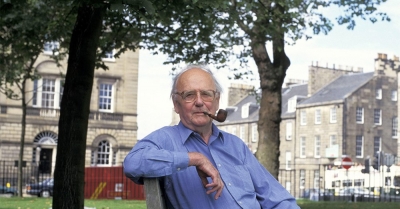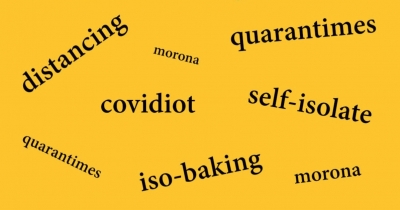Pandemic
What Happens Next? edited by Emma Dawson and Janet McCalman & Upturn by Tanya Plibersek
If the Covid-19 pandemic has taught us anything, it is that there has never been a better time to respond to the climate crisis than now. The global nature of Covid-19 has made it clear that global issues need a coordinated response and can easily affect the welfare of every human being on earth. The virus has shown us that it is absolutely crucial to listen to the science. Governments, in responding to epidemiological forecasts, have rapidly spent hundreds of billions of dollars on welfare subsidies, enforcing social distancing, protective equipment, mental health services, and vaccine research.
... (read more)‘Healthy People Gather for Your Freedom.’ So read the sign held proudly aloft by a young woman at a protest against coronavirus restrictions on ‘Freedom Day’ in Melbourne. Drawn to the Shrine in a symbolic gesture of solidarity with those other ‘diggers’ who defended Australia against the threat of authoritarianism, she was part of a small crowd with a big message: ‘Freedom is under threat’. A bit like coronavirus itself, perhaps, ‘Freedom Day’ was an accident waiting to happen – not least of all in Victoria. No democratic government can expect to curtail freedoms without stirring up the civil libertarians (both the sane and the crazy), and the restrictions devised and enforced by the Andrews government have been more severe than most. If one is to believe former prime minister Tony Abbott, the premier of Victoria now heads up a ‘health dictatorship’ that holds five million Melburnians under ‘house arrest’. Daniel Andrews, though in truth a champion of social justice, has of late acquired the disagreeable moniker of ‘Dictator Dan’ for putting a plague city into lockdown.
... (read more)The staff and board of Australian Book Review extend their thanks to healthcare workers around the world. We all know what risks confront doctors, nurses, aides, orderlies, and administrative staff in our hospitals and medical clinics, especially here in Victoria. Countless healthcare workers have been infected with Covid-19, and many have died. We’re immensely grateful to the sector for its commitment and self-sacrifice.
... (read more)What we read at difficult times in our lives – plague, insurrection, divorce, major root canal work, etc. – is always telling. Carlyle, miserable and unwell at Kirkcaldy, read the whole of Gibbon straight through – twelve volumes in twelve days – with a kind of horrified fascination. I recall one friend who, at a time of ineffable tension, calmly read Les Misérables, one thousand pages long, in a single week. (I would have been incapable of reading a tabloid.) Another time, lovelorn in Siena, I stayed in my ghastly hotel room and read The Aunt’s Story right through while the handsome Sienese sunned themselves in the companionable Campo.
... (read more)'Contested breath: The ethics of assembly in an age of absurdity' by Sarah Walker
What's it like losing a parent amid a pandemic? How do we mourn and celebrate when Covid-19 has made all public gatherings problematic? In her highly personal essay 'Contested breath', Sarah Walker explores with wit, humour and an unforgettable poignancy her experience of her mother's death during the coronavirus pandemic, and how to find the space to grieve when the world itself is shaken.
... (read more)The Covid-19 pandemic has affected all our lives, and little else has featured in the media for weeks. Unsurprisingly, this has led those of us who work with words to track the language of the pandemic (coronaspeak) closely. Here at the Australian National Dictionary Centre (temporarily WFH, of course), we have been compiling a database of the words emerging from the pandemic; from anti-lockdown protest to zumping (being dumped via Zoom), the Covid-19 isolation lockdown has generated its own vocabulary.
... (read more)There’s a script for everything. Someone, voice wavering, says, ‘She’s dead’, and you say, ‘What?’ They say it again, and you say, ‘Oh, my god.’ You ask the usual questions, and then hang up and everything is incredibly quiet. You tell your boyfriend, and you both walk around the house trying to pack useful things: a sleeve of Valium, warm socks. You call your brother in London. He texts to say it’s five am there, can it wait? You call back. Before he even answers the phone, he knows.
... (read more)
